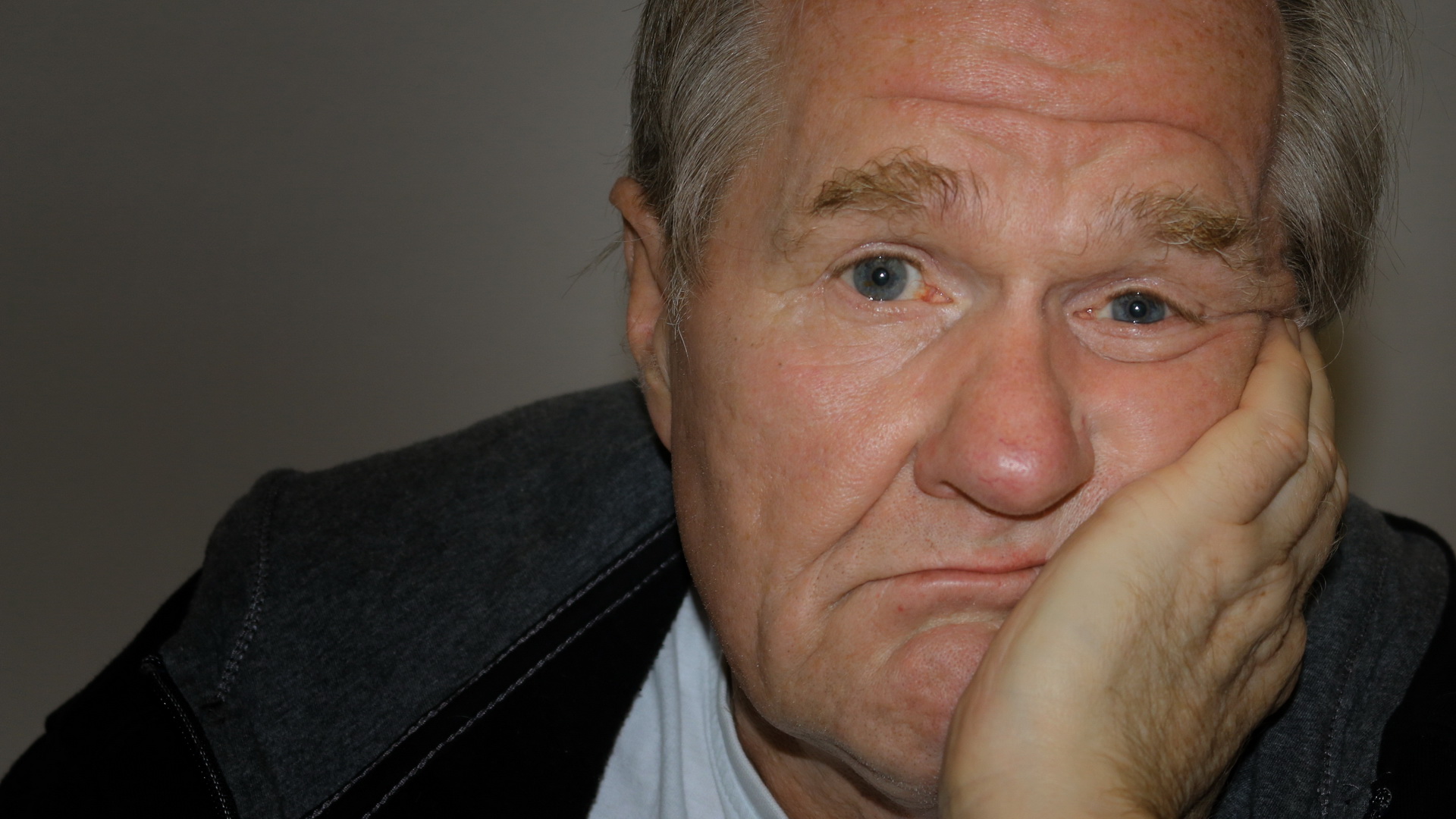As we touched down in Iceland, our phones blew up. The world had changed in the few hours that we were on the plane. The United States was closing its borders, and people had hours to get back. However, Rob still had a keynote to deliver the next day, and it didn’t apply to citizens, it was only for foreign nationals. We made the decision to stay and keep our eye on the situation that was being caused by the COVID-19 pandemic. Rob gave his keynote, and we proceeded on a mini-vacation around the island country. It was an amazing trip until the following Thursday.
After a peaceful day in hot springs, an amazing meal with fresh food, and a return to our hotel where the manager had shared the history of the property and some secrets about the surrounding area, we got a call. It was Rob’s father letting us know that the United States was closing its borders. Old news, we thought, until we checked and realized the US State Department had issued a global level four warning – DO NOT TRAVEL. That’s it. We tapped out and got home.
Meanwhile at home, our eldest daughter, an ER nurse, had gone to work – not to start a shift but as a patient. She was admitted while we were on our flight home. Though her COVID-19 test was negative, everyone believes she’s one of the 40% of false negatives that the test produces. Three weeks later, she’s still not fully recovered, but thankfully she seems to be out of the woods and is anxious to get back to the fight against the virus.
Our son continues to wage war on the virus as a paramedic. He’s on the streets every day helping stabilize and transport patients to the hospitals. So far, he has not been physically affected by the virus – though we have no way of knowing if he’s been infected and is just asymptomatic or if he’s managed to avoid being infected thus far.
Terri came back to an request to reduce her hours at one of her clients but also to a new need: to teach long-term care nurse practitioners and nurses how to respond to the COVID-19 crisis in a nursing home. For about an hour, the thought was that we’d have time on our hands before we were drawn into the fight ourselves.
The world changed. Whether it was on the flight to or from Iceland doesn’t matter. It was different. Our other children were disturbed. They struggled to learn all they needed with college courses now presented online. How could they complete labs from home? How was it possible that there was no toilet paper? What was going on that there were entire aisles in the stores that were empty? What happened that people cleaned out the baking supplies?
Terri quickly gained an understanding of how helpless many of our healthcare providers felt. They were giving their all, but somehow it didn’t feel like enough. They were afraid for their families and worried for themselves, and suddenly what was best practice changed.
In the clamor of rapid content development, we didn’t see what was happening outside healthcare. People became idle and therefore ineffective. Having written Extinguish Burnout: A Practical Guide to Prevention and Recovery, we knew what this would mean just as surely as we knew that people would start hording nearly everything. Eventually, the reality of inefficacy would convert to feelings of inefficacy and, ultimately, to burnout.
The only additional thing we knew that we could do to mitigate the suffering was to make the Extinguish Burnout course available for free. There wasn’t much to our conversation. A few knowing looks and a statement to make the course available to everyone for free for a year. Rob called our hosting company and let them know they might see a surge of traffic. We created the code COVID-19 that discounts the course from its normal cost of $99 to free.
While we’re doing other things to fight COVID-19 personally and in the family, we felt like we could get ahead of the curve on burnout and help more people prevent it. If you want to learn how to prevent burnout – or recover from it if you’re already there – go to https://ExtinguishBurnout.com/get-the-course, press the Buy the Course Now button, and enter the code COVID-19 at checkout. You won’t need a credit card or anything else. After you sign up, you’ll have the arsenal of tools that we’ve developed to help you prevent burnout.










